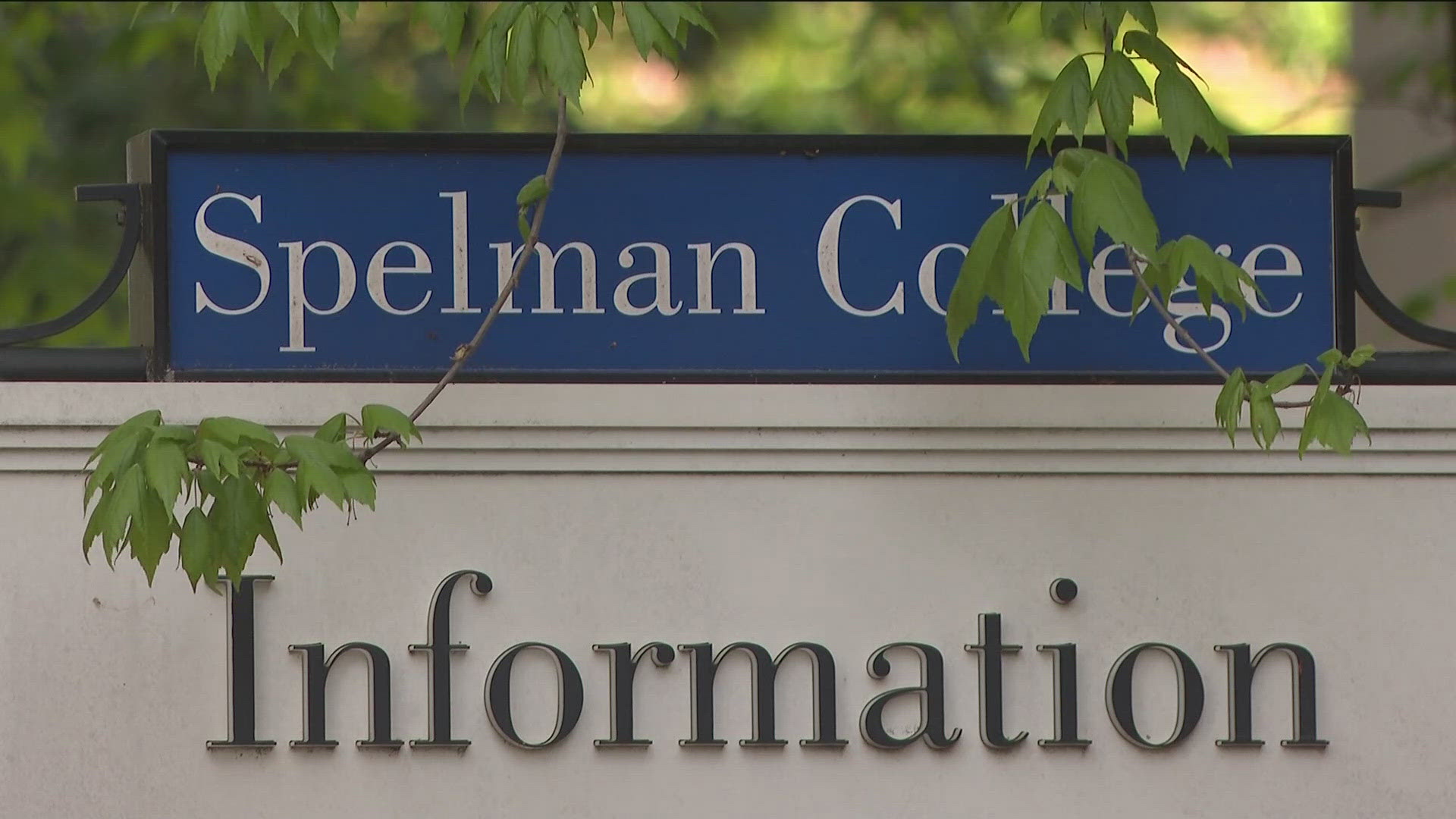Radio meets the real world in Dr. Joycelyn Wilson's classroom.
"Oh my gosh, this class has been amazing," said fourth year student Raianna Brown.
The course is about going beyond the mindset of the car or the club where many typically enjoy hip-hop, to understand what these performers are saying about the lives and experiences of others.
"I really love the conversations that we have," said Amidat Sonekan, a third year student. "For someone who's not really good with words, it kind of helps me find those words that help explain why hip-hop is so important."
The course is called Exploring the Lyrics of Outkast and Trap Music to Explore Politics of Social Justice. Students meets once a week for three hours, listening to music, breaking down lyrics and engaging in discussions about the meanings behind the beats.
They are even exploring the messages found in some of Andre 3000's clothes.
"I think it gives you a lot more insight, they're not just talking about flashy things, there's deeper meaning," said Brown.
Wilson, a visiting professor in Georgia Tech's School of Literature, Media, and Communication, says the class is 10 years in the making.
"They're looking for particular messages around justice. They're looking for particular messages around justice race and poverty, " she said.
But why this class at Georgia Tech? Wilson says the course brings the art aspect into STEAM, science, technology, engineering, arts and math.
She says the course takes her diverse group of students beyond their future work, whether itis creating the newest invention or impacting public policy.
"My goal is for them to think about this class and the issues that we talked about and it helps them decided how they make their own decisions about how a community might be influenced."
With Outkast and many other popular hip-hop artists like 2 Chainz, Gucci Mane, and T.I. having roots in the Atlanta area, Wilson says the proximity of the music’s origin and inspiration makes the messages more real for students.
The class also looked at the connections between hip-hop and other genres like the blues and jazz, styles of music also used to speak on social issues.
Students say the class gives them the ability to think critically about what they hear past or present.
"I cannot listen to music the same anymore," said Brown.


